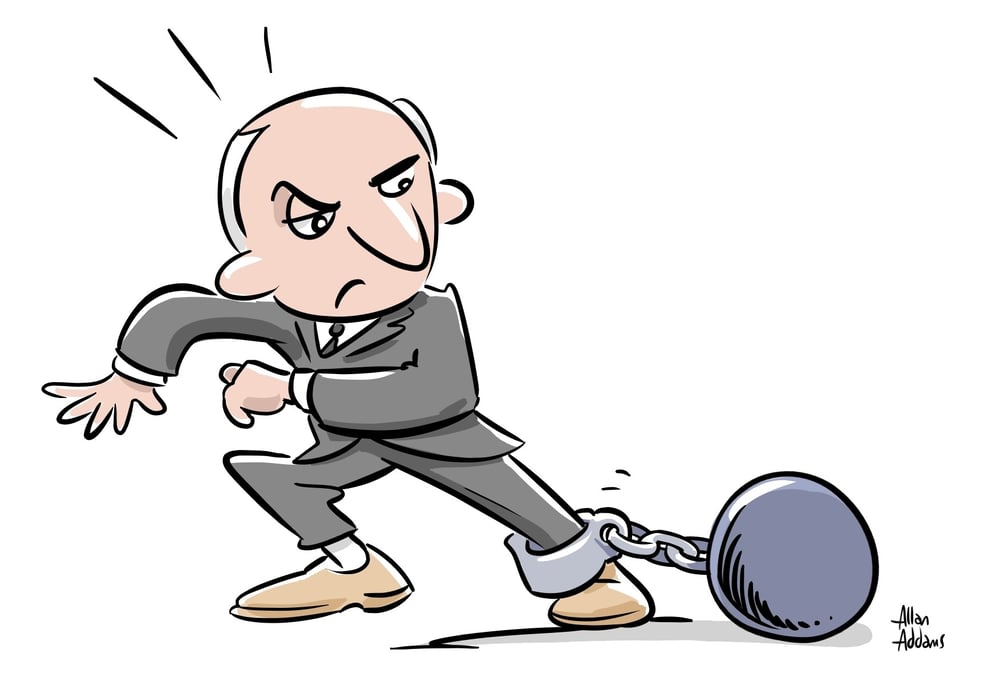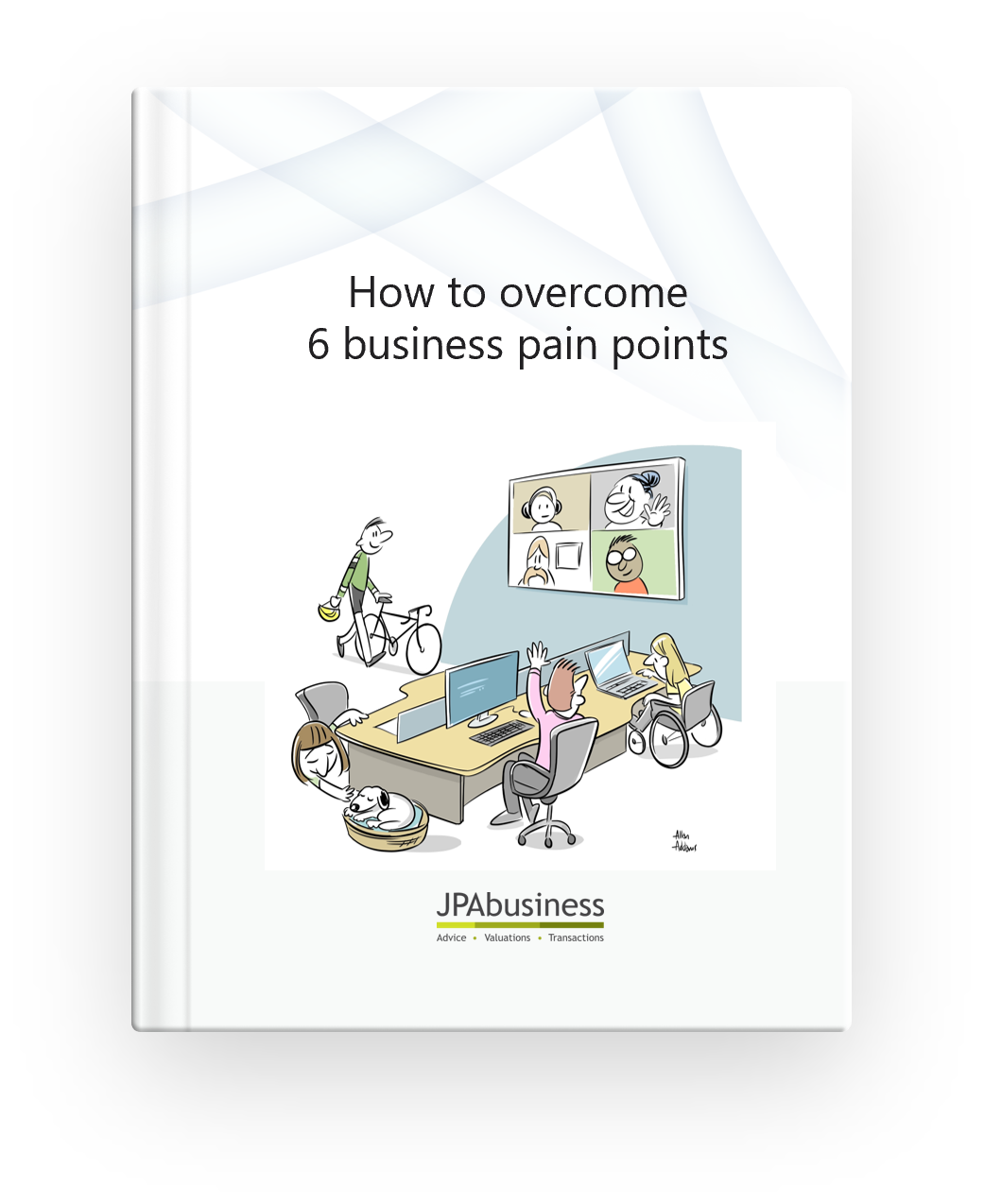
Often the brains behind a business when they just start up is the business owner and/or senior business partners or managers. They establish the vision, strategy, and oversee and drive the operations.
As the business grows and develops its offering and activities, it services more customers, takes on more clients and, sometimes, the operations become more complex with expanded teams, responsibilities and delivery channels.
The business owner’s leadership in driving business direction and performance can be a very positive element for the business’s success.
However, a weakness of some business owners is that they have trouble sharing their strategy, vision and direction, and key operational aspects with their team.
This is often due to:
- a lack of accountability and responsibility given to team members; or
- a lack of trust in passing on important business methods and relationship information; or
- simply no deliberate approach to creating an inclusive culture where the sum of the team is much more effective and valuable than the one or two business owners.
As a result, business owners become tied to their businesses and every critical decision and happening revolves around them.
It leads to high stress and long hours in the business, and also inefficient operations as the team is often hamstrung until the business owner prevails.
Actions/remedies/tips:
1. Whether or not you are tied to your business really comes down to a personal decision by you, so start by asking yourself:
- What do I want?
- Do I want complete control of my business?
- Do I want to make every decision in the business?
- Or am I prepared to spread responsibilities, accountabilities and decision-making beyond myself, and trust others?
2. If the answer is that you want complete control because you don’t trust others to make decisions for your business, and/or you don’t want to divert any of your earnings towards developing a senior team, then you need to accept that you will remain tied to your business.
I’m not saying this is not a legitimate strategy; it just means you must maximise returns now because you can’t expect to maximise value when it comes time to exit a business that is solely reliant on you.
3. If the answer is that you are prepared to spread responsibility, you need to develop a deliberate strategy to:
- invest some of the business earnings into developing a strong, diverse team;
- give senior team members responsibility for decision-making;
- maintain oversight, but concentrate on what you’re really good at.
Investing in a team may cost more on a dollar-for-dollar basis, but it will also drive efficiency in decision-making in a competitive market. Quite often that’s not measured.
And in any business, if you can focus on what you’re really good at, rather than every single decision in the business, the business will likely perform better over the long-run, because the accountable team members will be making appropriate decisions and delivering growth, change and performance.
Related resources
Managing staff for high performance
Training and professional development advice
How to set up an employee incentive plan
Succession planning: How to future-proof your business
This blog comes from our ebook: How to overcome 6 business pain points. If you need support dealing with pain points in your business, we’re keen to help you. Feel free to get in touch by calling 02 6360 0360 or 02 9893 1803 for a confidential, obligation-free discussion.

